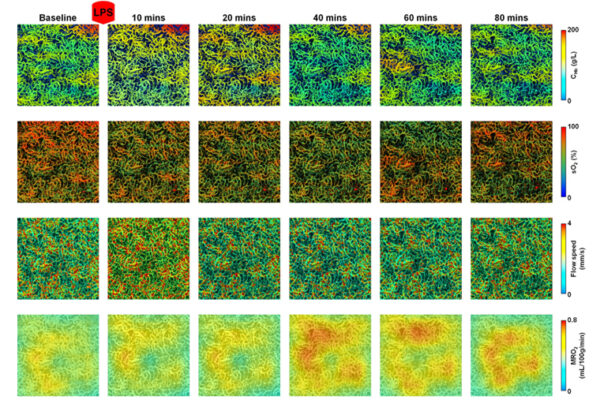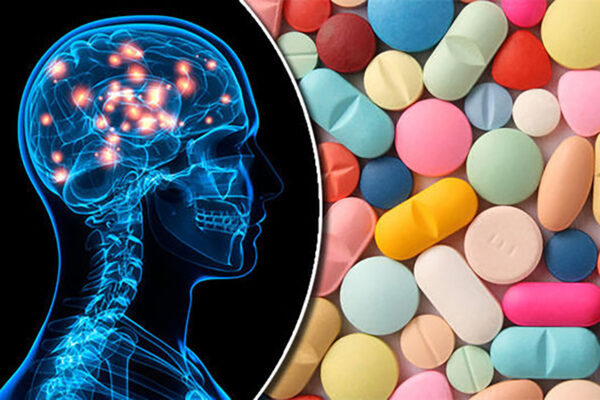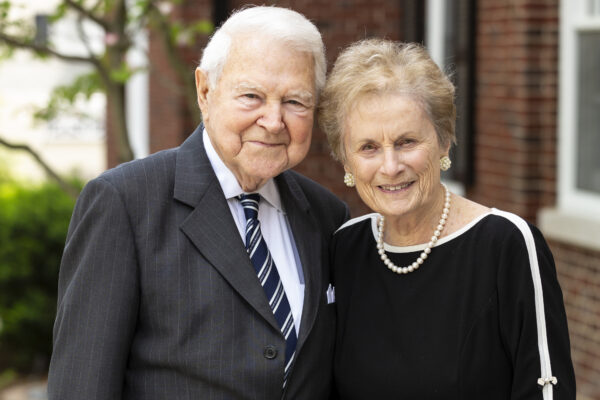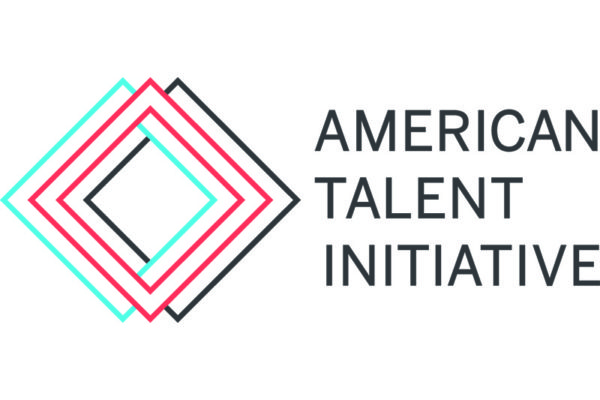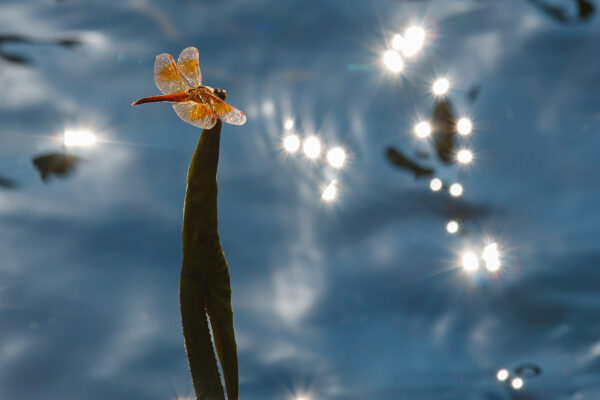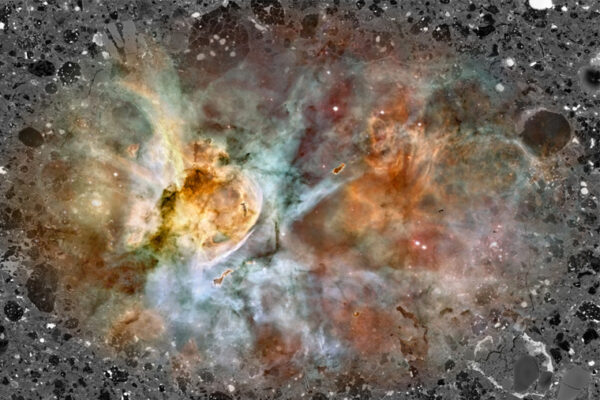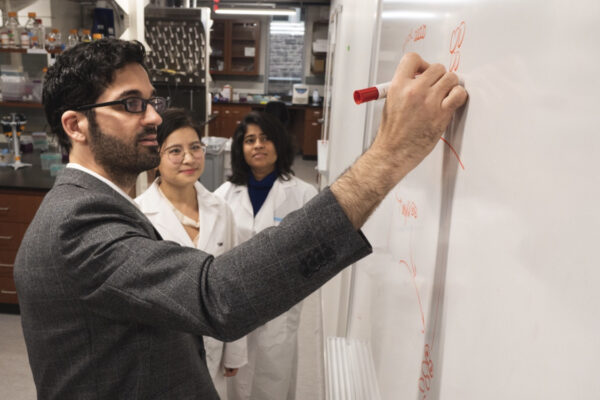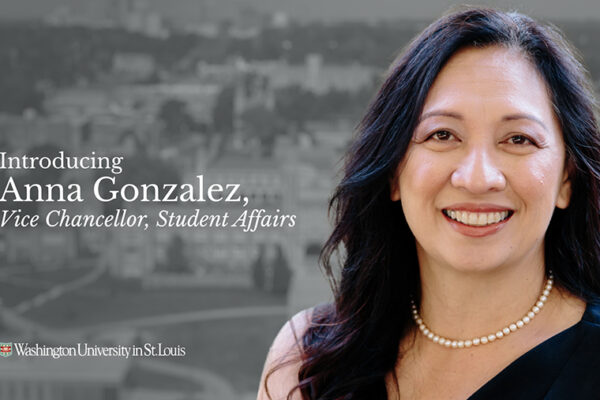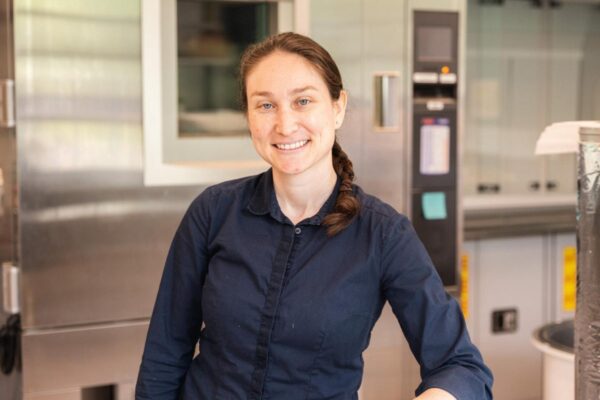High-tech imaging reveals blood, oxygen flow, energy metabolism in mouse kidneys
Researchers in the McKelvey School of Engineering and at the University of Virginia recently developed a high-tech imaging technique that opens up opportunities to study dysfunction in acute and chronic kidney disease.
New Alzheimer’s treatment targets identified
A research team at Washington University School of Medicine has identified potential new treatment targets for Alzheimer’s disease, as well as existing drugs that have therapeutic potential against these targets.
Bauers’ generous gift will establish leadership academy for Danforth Scholars
George and Carol Bauer, longtime generous benefactors of Washington University in St. Louis, have made a $6 million commitment to establish a new leadership and character development initiative at the university.
University recommits to American Talent Initiative
Washington University has renewed its commitment to the American Talent Initiative’s Accelerating Opportunity campaign, a nationwide effort to graduate an additional 50,000 low- and moderate-income students from ATI member colleges and universities by 2025.
Male dragonflies lose their ‘bling’ in hotter climates
A study in the Proceedings of the National Academy of Sciences led by Michael Moore, a postdoctoral fellow with the Living Earth Collaborative, finds that dragonfly males have consistently evolved less breeding coloration in regions with hotter climates.
Sculpted by starlight: A meteorite witness to the solar system’s birth
Researchers examine a 4.6 billion- year-old rock to better understand the solar system’s beginning, and a modern mystery.
COVID-19 aggravates antibiotic misuse in India
Antibiotic sales soared during India’s first surge of COVID-19, suggesting that the drugs were inappropriately used to treat mild and moderate COVID-19 infections, according to research led by the School of Medicine. Such overuse increases the risk for drug-resistant infections worldwide.
Washington University collaborates with Agilent, Merck to expand metabolomics research
Using top-of-the-line research instrumentation from Agilent and Merck, scientists in the Department of Chemistry in Arts & Sciences will develop new metabolomics workflows of interest to many members of the drug-development community.
Introducing Anna Gonzalez
Anna Gonzalez, the newly appointed vice chancellor for student affairs at Washington University, discusses her background, her leadership style and her hopes for the future.
Physicist Nagy has leading role in next-gen balloon mission
With NASA’s latest balloon technology, Johanna Nagy in Arts & Sciences is looking 13 billion years into the past, using the oldest light in the universe, to precisely measure the polarization of the microwave sky.
View More Stories
